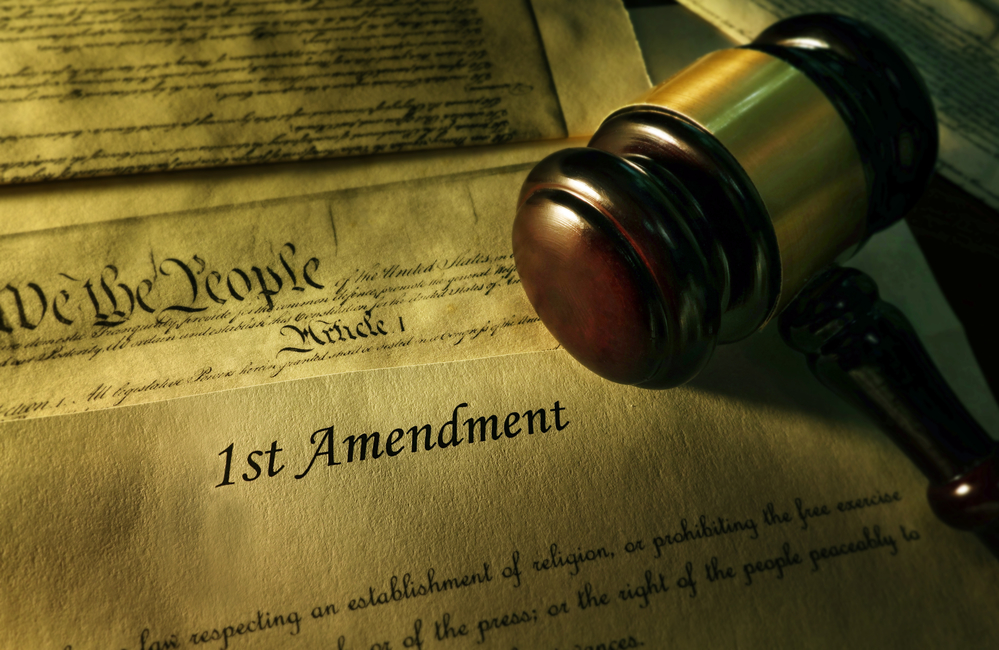The Obama era was the first time that social media was truly recognized by elected officials as an effective tool for communicating directly with the public. Because it’s relatively new on the political scene, there are not many precedents set for how social media can lawfully be used by elected officials.
However, those precedents are popping up – and quickly.
Two Cases: One Open, One Shut
Three years ago this month, a court ruled that a Virginia county board of supervisors chair improperly blocked a citizen on Facebook for 12 hours after he filed a lawsuit alleging violations of his First Amendment rights.
Upon the county chair’s appeal, the U.S. Fourth Circuit Court of Appeals unanimously ruled that the incident violated the First Amendment because the supervisor’s profile page in question “bear[s] the hallmarks of a public forum,” and public speech posted there cannot be restricted based on viewpoint discrimination.
Interestingly, counsel for the plaintiff is Knight First Amendment Institute at Columbia University, the same organization leading the fight against President Donald Trump for blocking a number of users from viewing his Twitter profile because they express opposing political views.
Ultimately, what all of these First Amendment/social media-related cases come down to is how we define the nature of each platform.
Is the Social Media Profile Public or Private?
The matter seems fairly straightforward: if you are a public official and you talk about official business on a social platform, the profile where you posted the information automatically becomes a public forum subject to First Amendment liberties. It’s an ancient doctrine in English and American common law–political speech in traditional public forums enjoy maximum protection. The town square is the best example.
There are cases when public officials do have the right to block someone. For instance, if a user is resorting to obscenities or true threats of violence.
The Virginia decision affirms the rule and that case is likely to influence the outcome of the legal fight against President Trump’s blocking users on his Twitter account.
Stay tuned. And be sure to check your social media feeds for more news on the subject!
